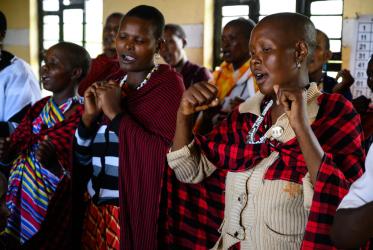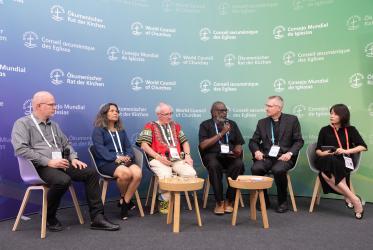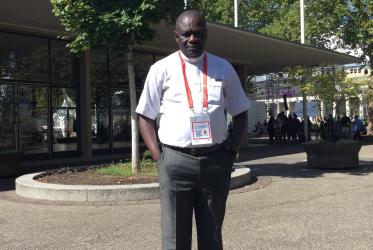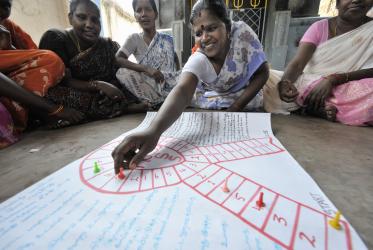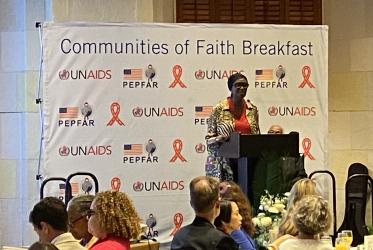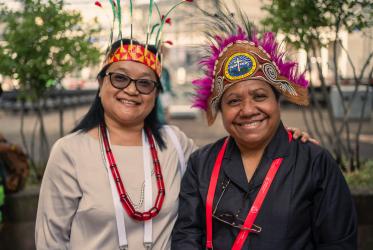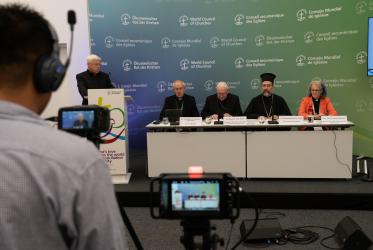Displaying 181 - 200 of 1953
Gracia Ross: “Luchar contra el VIH es una obligación moral”
04 October 2022
Gracia Ross: “Responding to HIV is a moral obligation”
27 September 2022
WCC 11th Assembly: safe and welcoming environment for all
19 September 2022
Assembly workshop looked toward ending AIDS epidemic by 2030
19 September 2022
Christ’s Love (Re)moves Borders – GETI 2022 in images
13 September 2022
Promoción de la dignidad humana a través del arte
07 September 2022
